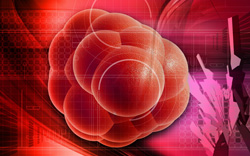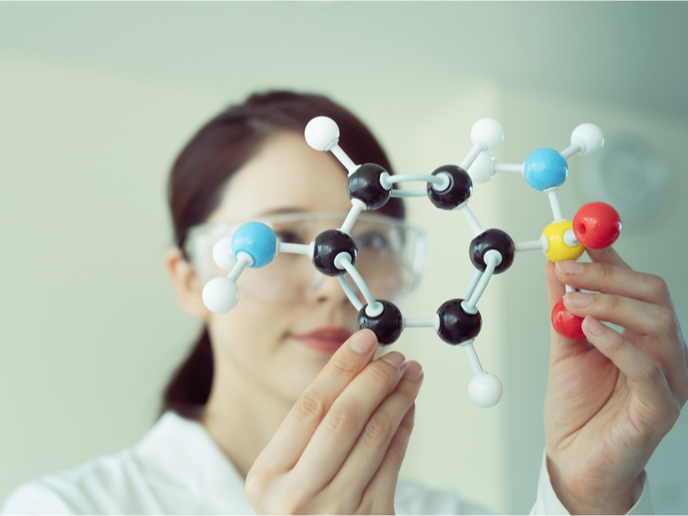Optimising stem cell technology
Stem cell research is a very important area of biomedical science, and is necessary for basic studies in developmental biology. It also offers hope for the treatment of many neural degenerative diseases, diabetes, heart disease and cancer. The success of stem cell therapy depends on a reliable supply of human stem cells and stem cell-derived differentiated cells. Cultivation of human embryonic stem cells (hESCs) and adult stem cells is not yet optimised. Absence of standard protocols and tools and the resulting lack of reproducibility between laboratories result in the duplication of efforts and costs. Additionally, current methods do not allow for fast screening of culture conditions for analysis and optimisation. 'High yield and performance stem cell lab' (HYPERLAB) was a European collaborative research project of five academic groups and four small and medium-sized enterprises (SMEs). The aim of the HYPERLAB consortium was the development of new robotics culture methods, media and protocols for more efficient stem cell cultivation and differentiation. On the technological side, HYPERLAB developed new, miniaturised microfluidic-based technologies for optimised culture and differentiation of stem cells suitable for safe human stem cell therapy. Three novel miniaturised cell cultivation technologies (pipe-based bioreactors, modified hanging droplets and pipette robots) were applied for stem cell cultivation. The most promising technology will be adapted for future different clinical applications, thus ensuring a quick transfer to clinical trials. On the biological side, HYPERLAB focused on the determination of cultivation and differentiation protocols using the developed technologies. Optimised protocols were developed for in vitro generation of stem cells suitable for therapeutics approaches. Experimental data accumulated over the course of the project were presented by all partners during international conferences and published in peer-reviewed journals. More information is available on the project(opens in new window) website. In addition, HYPERLAB presented its results in October 2011 within a dedicated HYPERLAB session at the European Society for Gene and Cell Therapy Meeting. The HYPERLAB project successfully demonstrated proof–of–concept for the developed technologies. With continued efforts they can be introduced into clinical applications in less than five years from the end of the project.







